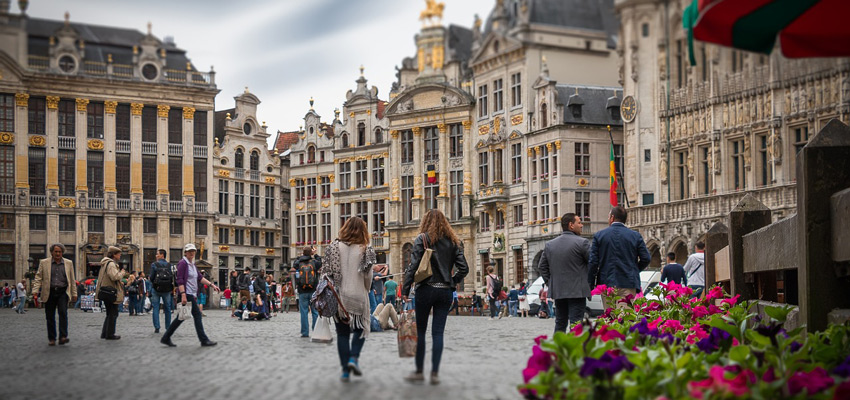4th IMEKOFOODS congress held in Tervuren near Brussels (Belgium). The international participants discussed new measurement techniques exchanged analytical methods and their experience with devices with focus on food analyses.
Dr Frank Mörsberger, Head of Business Development Food and Feed Analysis at AGROLAB took the chance to inform himself especially about a new challenging topic in food safety – nanoparticles in food. He joined also a workshop on TEM (transmission electron microscopy) organised by Sciensano. Nanomaterials are used in food as additives Titanium dioxide (TiO2), silver and gold particles are used in e.g. in coatings of sweets. The definition of “nanomaterials” in food is laid down in the European regulation about novel foods. Particles < 100 nm are defined as “nano”. TiO2 is registered under E171 as a food additive.
Recent animal studies suggest that Ti02 poses a risk of causing colon cancer. The detection and analysis of their presence, chemical composition, shape and the size distribution is a challenging task. Sophisticated methods are used and the development for routine analysis protocols is still far from being resolved. Only a few highly specialised laboratories are able today to perform analysis on nanoparticles using high resolution transmission electron microscopy combined with EDX (energy dispersive X-Ray) or EEL (Electron energy loss spectroscopy) for the identification and single particle ICP MS as available at Sciensano.
Sample preparation has a strong impact on the result. No standardised protocols exist yet, making the comparability of results difficult. The characterisation of pure pristine nanomaterials seems however to become “routine” and even automatization is under development to shorten the tedious sample preparation and evaluation of the TEM images.
Sciensano is the merger of the two sister institutions: ISP (Scientific Institute of Public Health) and CERVA (Veterinary and Agrochemical Research Centre) in Belgium and today a leading public European research institute also hosting several national Belgium reference labs.
AGROLAB is glad to offer technical support by its scientific network partners in case of nanomaterial analysis.
Author: Frank Mörsberger

 Contact
Contact

 Contact
Contact Career
Career